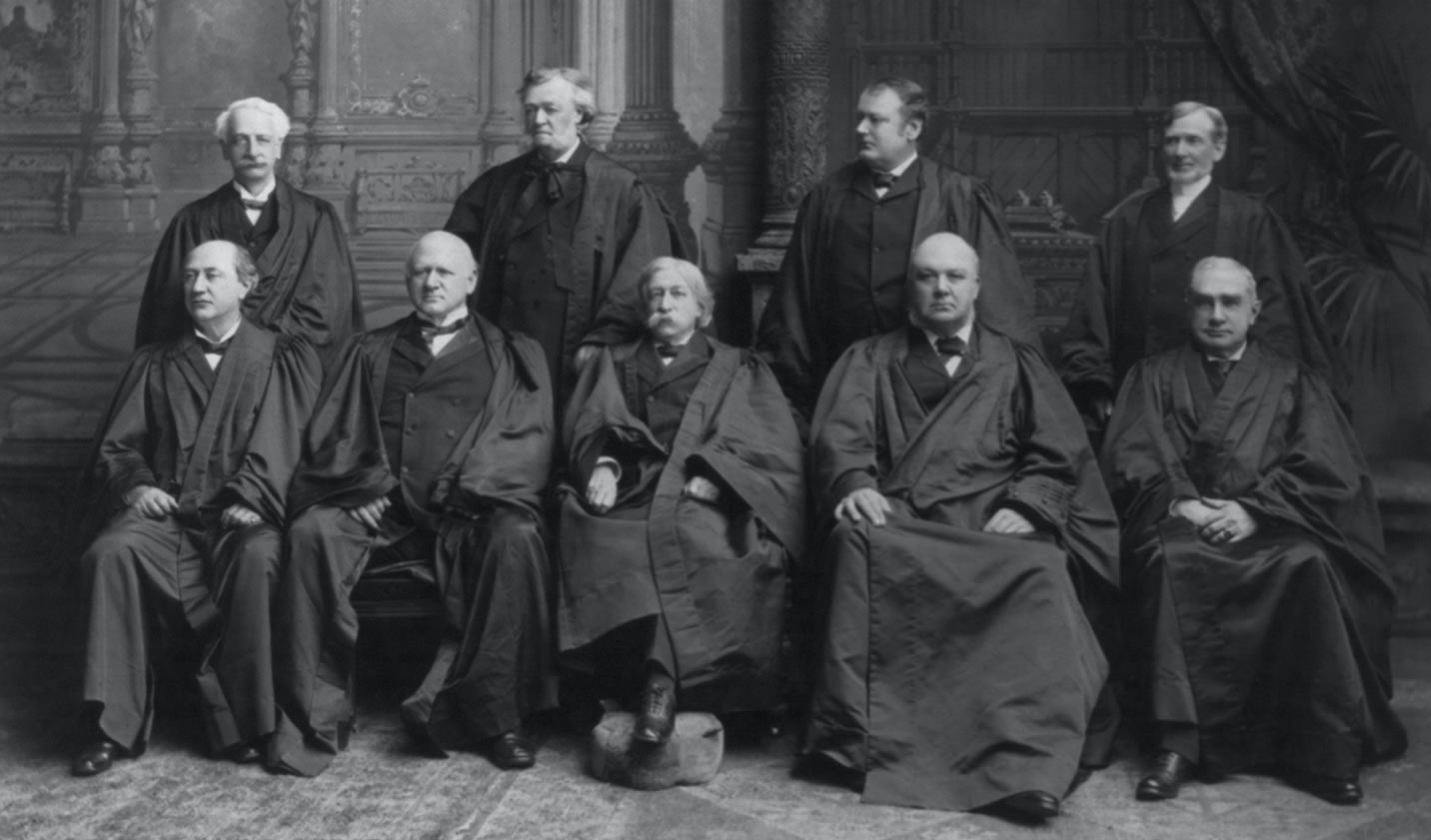During what turned out to be one of the most influential and important court cases of all time where the court approved the principle of separate but equal, the vote came to 7-1 with one justice not participating. Justice John Marshall Harlan or "the lone dissenter" once said, "The white race deems itself to be the dominant race in this country, and so it is, in prestige, and achievements, in education and wealth and in power. So I doubt not it will continue to be for all time if it remains true to its great heritage and holds fast to the principles of constitutional liberty. But in the view of the Constitution, in the eye of the law, there is in this country no superior dominant ruling class of citizens. Our constitution is colorblind and neither knows nor tolerates classes among citizens. In respect of civil rights, all citizens are equal before the law. The humblest is the peer of the most powerful. The law regards man as man and takes no account of his color when his civil rights are guaranteed by the supreme law of the land."

As a former slave owner and someone who was born in a slave state (Kentucky) he disagreed with president Lincoln on emancipation and actually opposed his reelection so some may ask: how does he go from that to becoming this champion of equal rights for freed slaves? Harlan's family was a prominent slaveholding family Harlan loved to preach about how our constitution is "colorblind."
Judge Harlan did not believe in the "separate but equal" principle. He believed that every person in this country is equal. In respect to the law, Judge Harlan knew the amendments and constitution very well as well as the meaning behind them. He would not only look at the words of the amendments, but he would find deeper meaning between the lines and interpret them correctly. One thing that really stood out to me after reading his dissent and overviews of it was how he harshly insists that everyone is equal under the law. This sticks out to me because he was once a slave owner. To be speaking in the tone that he did in his dissent toward African Americans means that he has come a long way from the person he used to be and he has educated himself more reasonably.


No comments:
Post a Comment